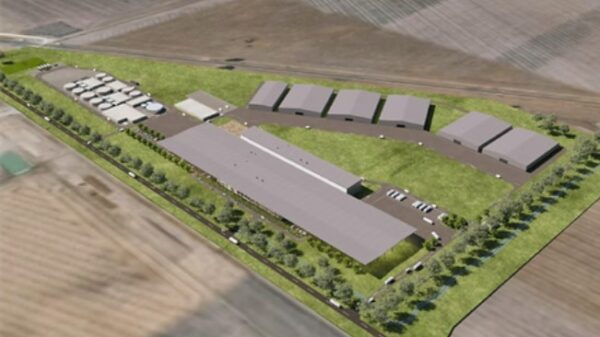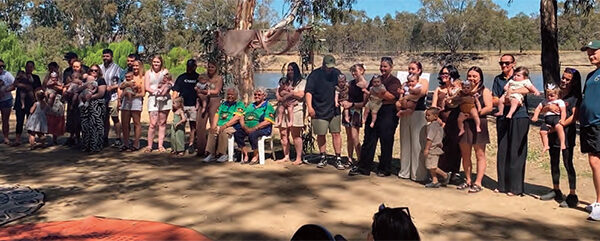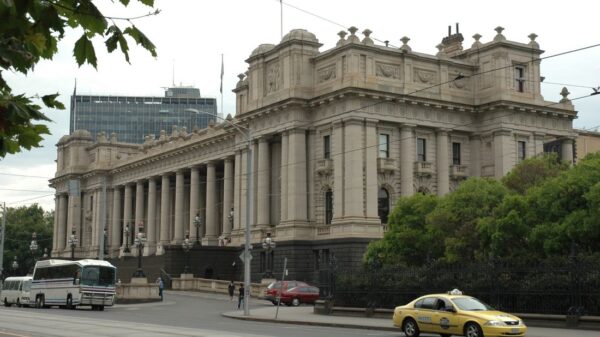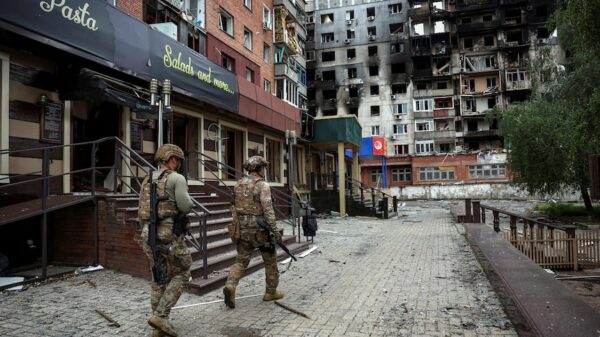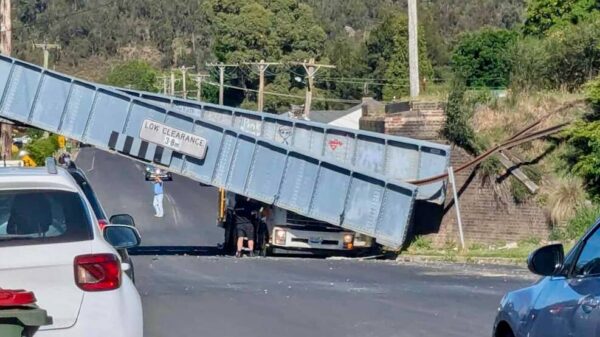A devastating landslide in the village of Tarseen, located in the Jebel Marra region of Sudan, has claimed the lives of over 1,000 people, prompting urgent calls for international assistance. The Sudan Liberation Movement/Army (SLM/A), which governs parts of western Sudan, reported that only one person survived the catastrophic event, attributed to torrential rains that caused the landslide.
The SLM/A has reached out to the United Nations and various international aid organizations, requesting support in recovering the bodies of the deceased, which include men, women, and children. In a statement released on Tuesday, the group emphasized the scale of the disaster, noting that “Tarseen, famed for its citrus production, has now been completely levelled to the ground.”
Abdelwahid Mohamed Nur, the leader of the SLM/A, highlighted the ongoing fears among nearby villagers. They are concerned that continuous rainfall may lead to similar disasters in their communities. He stressed the need for a “comprehensive evacuation plan and provision of emergency shelter” to protect vulnerable residents.
The SLM/A has chosen to remain neutral in the ongoing civil war between the Sudanese army and the paramilitary Rapid Support Forces (RSF). These groups are currently engaged in a struggle for control of al-Fashir, the capital of North Darfur, which has been under siege by the RSF and is experiencing severe food shortages and famine.
Many residents from al-Fashir and surrounding areas have sought refuge in Jebel Marra. Unfortunately, they are facing dire conditions, with insufficient food, shelter, and medical supplies. As a result, hundreds of thousands have been left exposed to the relentless rains. The town of Tawila, where many have fled, is grappling with a cholera outbreak, a situation that is further complicating the humanitarian crisis.
The two-year civil war in Sudan has led to more than half of the population facing crisis levels of hunger, displacing millions and making them particularly susceptible to the country’s seasonal floods.
In response to the landslide, the government controlled by the Sudanese army expressed its condolences and willingness to assist in recovery efforts. Meanwhile, Mohamed Hassan al-Taishi, the prime minister of the newly-installed RSF-controlled government, announced plans to coordinate with the SLM/A for the delivery of aid supplies to the affected areas.
As the situation continues to unfold, the international community faces mounting pressure to provide immediate support to the victims and prevent further tragedies in a region already reeling from conflict and natural disasters.


